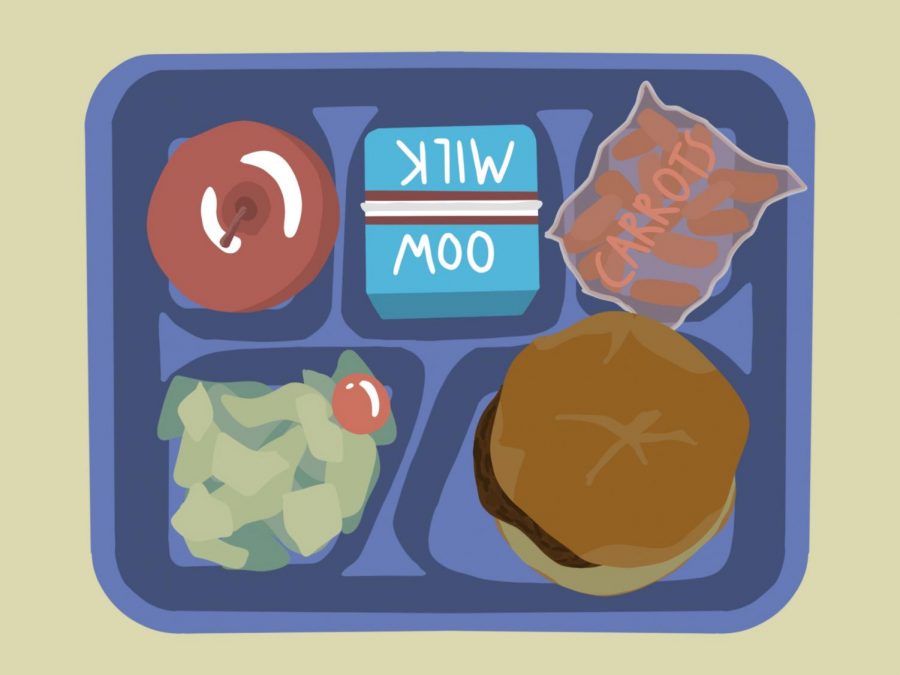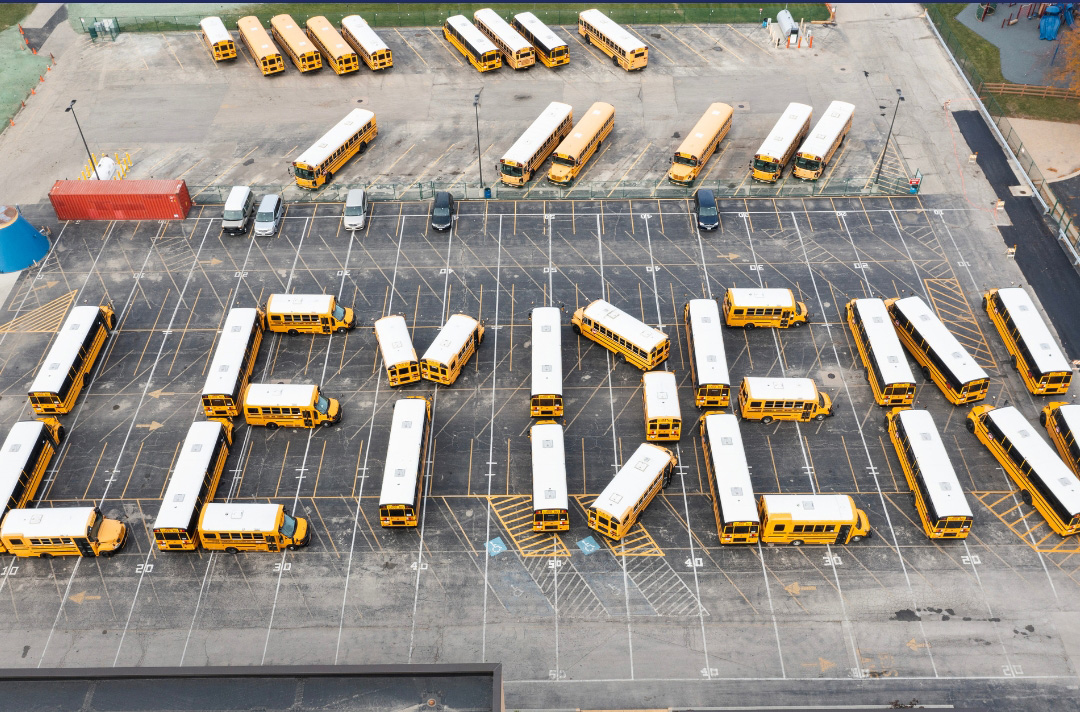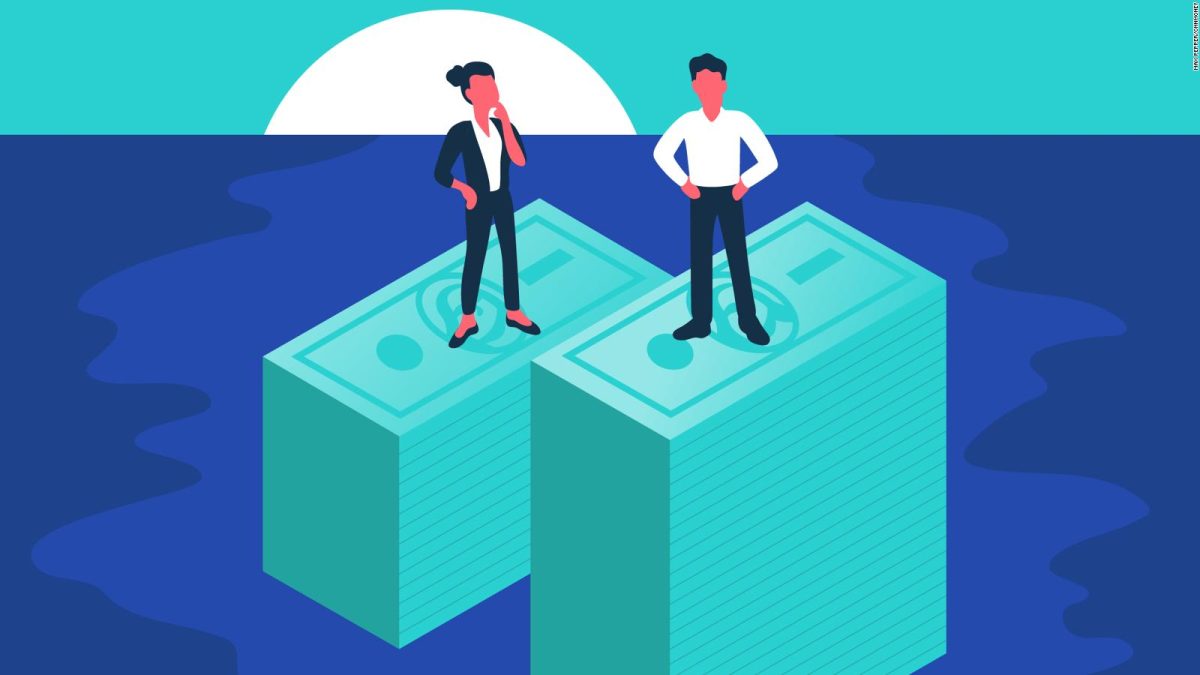A heavy whiff of air hits you, but it isn’t the fresh breeze you’re used to. Instead, you’re greeted by the smell of waste and decaying plastic, combined with damp earth. What used to be a small problem has now become an unavoidable reality. For years, trash has been piling up around us, but more recently the amount of waste has grown rapidly, varying from small wrappers to large bottles. An issue that seemed irrelevant has now turned into a pressing matter that requires action.
Every morning, I walk to school, a 15-min walk from my house. Recently, I’ve noticed an increase in litter near my path. Instead of the crisp morning air that I expect, I’m greeted with the smell of discarded cigarette butts. Every morning it feels as if a new piece of trash is added. This made me wonder just how careless we are when handling trash. Sidewalks are intended for the public to use, yet we treat them like personal dumpsters. If we don’t change our habits then our reality will be filled with filth and waste.
You may not think littering affects you, but it does. In just one year, Illinois spent $6.1 million on highway litter cleanup and $26.5 million for general cleanup. All this spending could be prevented and used for other important stuff. In Illinois littering is illegal on highways and can lead to a $1,500 fine. Besides the financial cost, our environment is also a part of the affected. Around 100,000 marine animals die every year due to ocean litter, and about 60% of our waters are contaminated by waste. Food, tobacco, and wrappers make up 46% of debris found in common areas. (How Does Littering Affect the Environment)
Littering seeps into our soil and waters. Around 81% of littering is intentional, meaning that most people are aware of their actions. A study has shown that, “100 million tons of materials have been illegally dumped throughout the U.S. It represents a major problem that can be prevented by stopping small dumping from occurring. For instance, the Illinois EPA works to stop small dumping from becoming a larger, potential threat to public health and the environment. Stopping the small illegal dumps from becoming larger” (The Consequences of Illegal Dumping and Littering.) The impact is reversible and as a community we have the power to change it.

While adults knowingly contribute to littering, children are unknowingly influenced by these behaviors, oftentimes repeating what they see. Beer bottles, sharp objects, and cigarette buds are commonly found outside; if a child were to encounter these items, it could result in injuries. You may not believe kids are affected, but they are. “The impact is felt by children, too. A nationally representative study that analyzed data on more than 64,000 kids between the ages of 6 and 17 found that they suffered greater rates of depression and anxiety in areas with poor physical characteristics.” (Fairyington, Stephanie)
As if depression and anxiety wasn’t bad enough, these areas with littering can also cause lifelong effects. “Cancer, endocrine disruption and adverse development are some of the major issues children face that are linked to chemicals used in plastic (Hamilton, 2019). Additionally, children are being born pre-polluted, which means that hazardous chemicals and pollutants are found in their bodies at birth. Every year about 600.000 children under the age of five die as a result of air pollution and an additional 350.000 are directly caused by polluted water and they are exposed to these elements through their mother.”( Fairyington, Stephanie) Over time the exposure to these harmful substances can lead to lifelong issues, and result in the diminished of quality in life for future generations.
What starts as a small choice of carelessness can lead to lasting consequences. If we litter once, the possibility of doing it again increases, and soon we become more comfortable with it. Some might argue that littering isn’t a big problem compared to other issues, and that we have bigger stuff to worry about. But if everyone had that mindset then we’d prioritize larger issues over smaller ones, until those small issues grow.
Therefore, littering doesn’t only affect you, but our society as a whole. Despite many being aware of this, little action is taken, because most people are truly convinced that they aren’t part of the problem until the consequences reach them. Be mindful of your actions, because every choice has a consequence. That one candy wrapper you toss out may seem insignificant, but it can be the start of something much bigger.
“The Consequences of Illegal Dumping and Littering.” A City Dumpsters, A City Suburban Services, www.acitydumpsters.com/blog/consequences-of-illegal-dumping-and-littering.
“Think Before You Throw!” Illinois Department of Transportation, 23 Mar. 2021, www.illinois.gov/news/press-release.22985.html.
Green Paper Products. “How Does Littering Affect the Environment?” Green Paper Products, 3 Jan. 2025, https://greenpaperproducts.com/blog/how-does-littering-affect-the-environment. Accessed 15 Apr. 2025.
Fairyington, Stephanie. “Litter Doesn’t Just Hurt Our Planet—It Can Impact Our Mental Health, Too.” Oprah Daily, 30 Nov. 2022, https://www.oprahdaily.com/life/a41170189/litter-hurts-our-planet-and-our-mental-health/. Accessed 15 Apr. 2025.




















